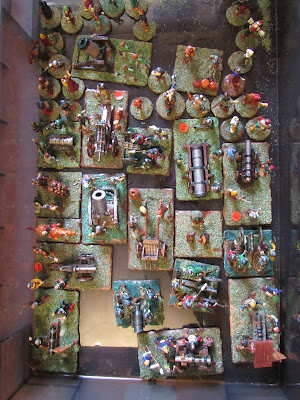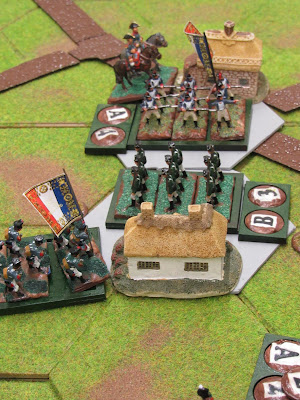‘As you came from the holy land
Of Walsingham,
Met you not with my true love
By the way as you came?’
Of Walsingham,
Met you not with my true love
By the way as you came?’
‘How shall I know your true love,
That have met many a one,
As I went to the holy land,
That have come, that have gone?’
That have met many a one,
As I went to the holy land,
That have come, that have gone?’
‘She is neither white nor brown,
But as the heavens fair;
There is none hath a form so divine
In the earth or the air.’
But as the heavens fair;
There is none hath a form so divine
In the earth or the air.’
‘Such an one did I meet, good sir,
Such an angelic face,
Who like a queen, like a nymph, did appear
By her gait, by her grace.’
Such an angelic face,
Who like a queen, like a nymph, did appear
By her gait, by her grace.’
‘She hath left me here alone,
All alone, as unknown,
Who sometime did me lead with herself,
And me loved as her own.’
All alone, as unknown,
Who sometime did me lead with herself,
And me loved as her own.’
‘What’s the cause that she leaves you alone,
And a new way doth take,
Who loved you once as her own,
And her joy did you make?’
And a new way doth take,
Who loved you once as her own,
And her joy did you make?’
‘I have loved her all my youth,
But now old, as you see,
Love likes not the falling fruit
From the withered tree.
But now old, as you see,
Love likes not the falling fruit
From the withered tree.
‘Know that Love is a careless child,
And forgets promise past,
He is blind, he is deaf when he list,
And in faith never fast.
And forgets promise past,
He is blind, he is deaf when he list,
And in faith never fast.
‘His desire is a dureless content
And a trustless joy;
He is won with a world of despair
And is lost with a toy.’
And a trustless joy;
He is won with a world of despair
And is lost with a toy.’
‘Of womenkind such indeed is the love
Or the word love abused,
Under which many childish desires
And conceits are excused.
Or the word love abused,
Under which many childish desires
And conceits are excused.
‘But love is a durable fire,
In the mind ever burning;
Never sick, never old, never dead,
From itself never turning.’
In the mind ever burning;
Never sick, never old, never dead,
From itself never turning.’
- Sir Walter Raleigh

























